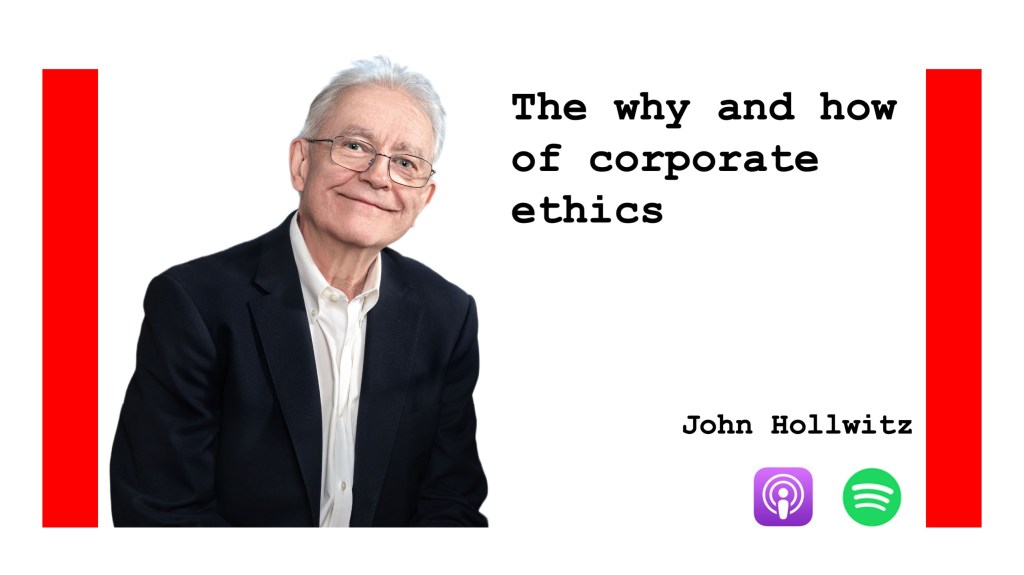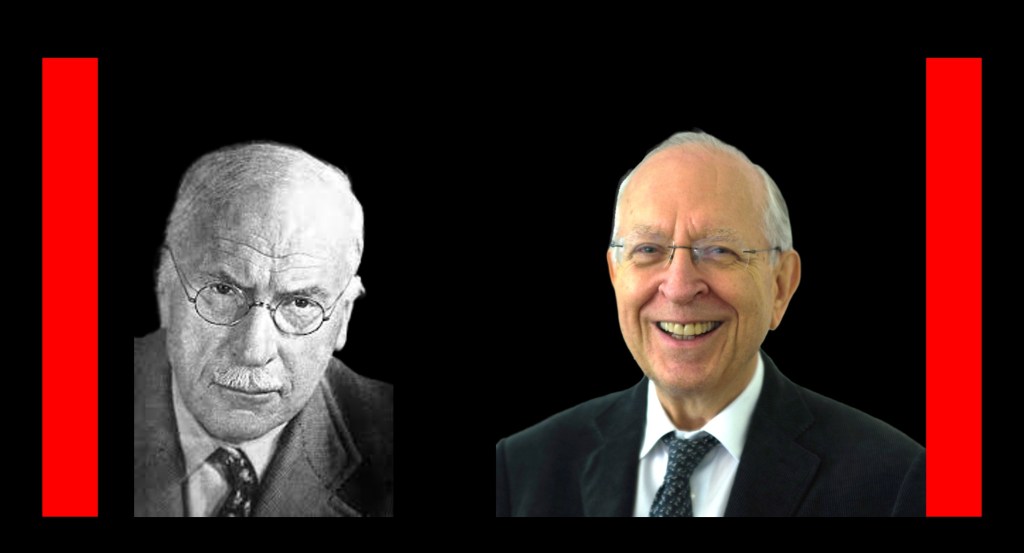
For decades, Shell’s scenarios have supported the decision-making of Shell leaders, academics, governments, and businesses.
Scenario thinking enables organizations to establish possible visions of the future in the form of scenarios.
These scenarios enable decision-makers to think through the different ways in which the environment of their institutions could evolve in the future, based on different sets of assumptions.
One of the companies that is best known for its scenario-thinking activity is Shell.
Jeremy Bentham led this activity in Shell between 2006 and his retirement in 2022 as Shell Scenarios & strategy Leader and VP Global Business Environment.
In this episode of the Leadership 2.0 podcast, I am interviewing Jeremy Bentham about scenario thinking and leadership.
During our conversation, Jeremy and I discussed the following topics:
Continue reading




 A ‘must read’ for the C-suite.
A ‘must read’ for the C-suite.